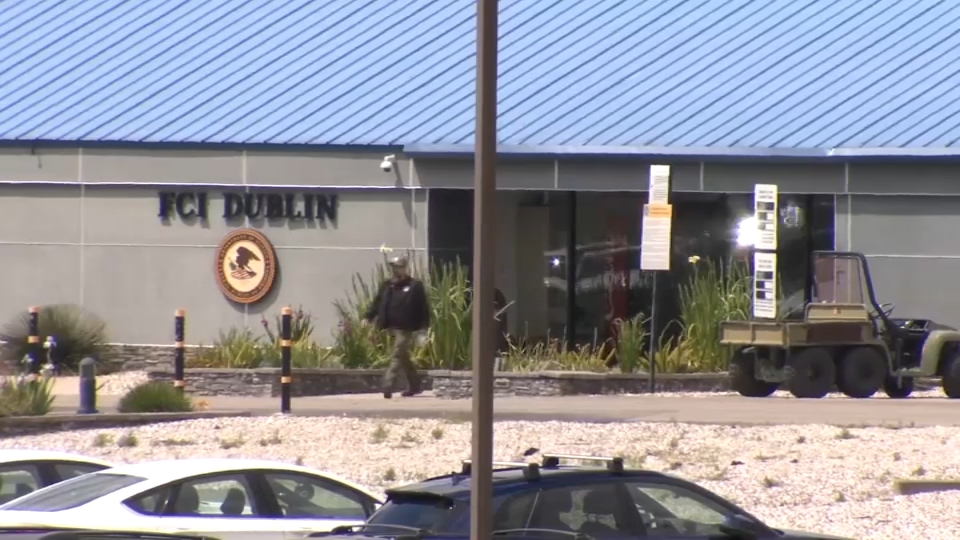A judge ruled today that a man with an extensive criminal history should be tried as an adult for the murder of 14-year-old Tina Faelz in Pleasanton nearly 28 years ago.
Steven Carlson, now 44, was 16 at the time of the killing, and was Faelz's classmate at Foothill High School in Pleasanton.
Her body was discovered the afternoon of April 5, 1984, in a drainage area adjacent to Interstate Highway 680. She had been stabbed numerous times.
The area east of the high school where Faelz was found was undeveloped at the time and was frequently traveled by students walking to and from school, police said.
The crime remained unsolved for 27 years until Pleasanton police announced Aug. 7 that DNA evidence had linked Carlson to Faelz's death.
It would have been unusual for a 44-year-old man to be prosecuted as a juvenile, but that could have happened in Carlson's case because he was under 18 when Faelz was murdered.
However, Alameda County Superior Court Judge Rhonda Burgess said at a hearing in juvenile court today that he should be prosecuted as an adult.
Local
Burgess cited the degree of criminal sophistication exhibited in the killing, the severity of the crime, and previous failed attempts at rehabilitating Carlson, among other considerations.
Carlson's criminal history includes convictions for committing lewd acts with a child under the age of 14, and assault.
Burgess ordered Carlson, who is being held without bail, to be arraigned at the Wiley Manuel Courthouse in Oakland on Thursday.
A gag order issued by Judge Trina Thompson at Carlson's initial appearance in juvenile court last August that bars the attorneys in the case from talking about the case remains in effect, Alameda County District Attorney's Office spokeswoman Teresa Drenick said.
When Carlson was arrested and charged last August, Pleasanton police said that after Faelz's body was discovered, they conducted exhaustive crime-scene processing and interviewed classmates, friends, school faculty and nearby residents.
Police said that in the many years since the murder, they kept the case open and investigated any tips or new information that emerged.
In late 2007, police again re-examined the evidence that was collected at the time of the killing, using scientific analyses that weren't available in 1984. Evidence was submitted to two different laboratories for examination.
In October 2010, the FBI crime lab in Quantico, Va., provided information to Pleasanton police that led them to identify Carlson as a suspect in Faelz's murder.
Bay City News



